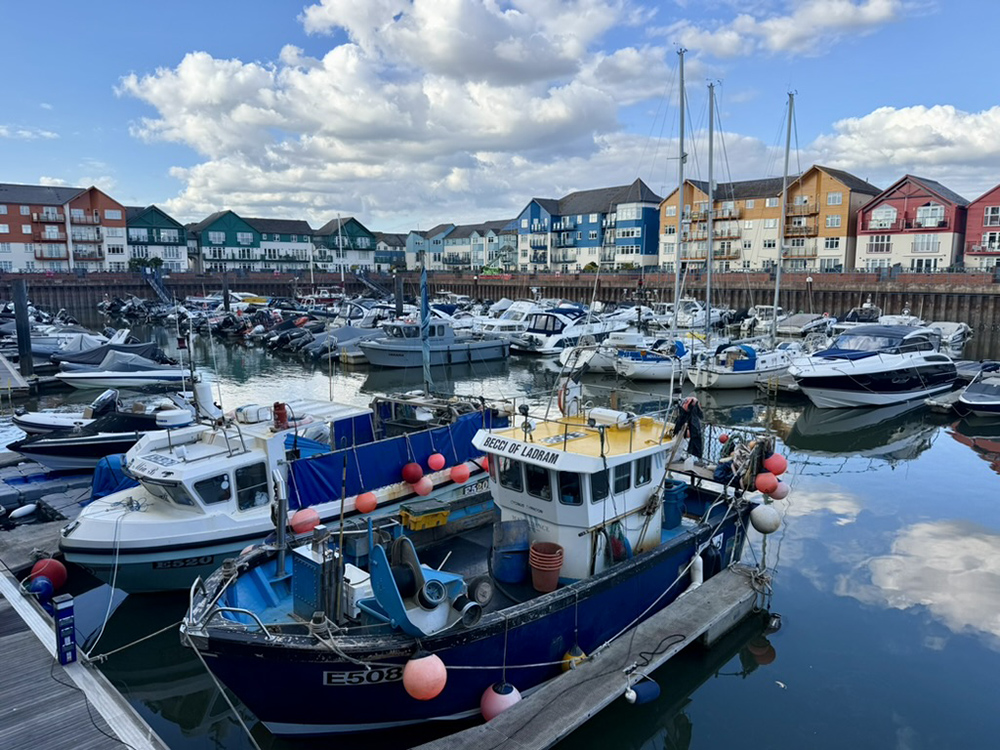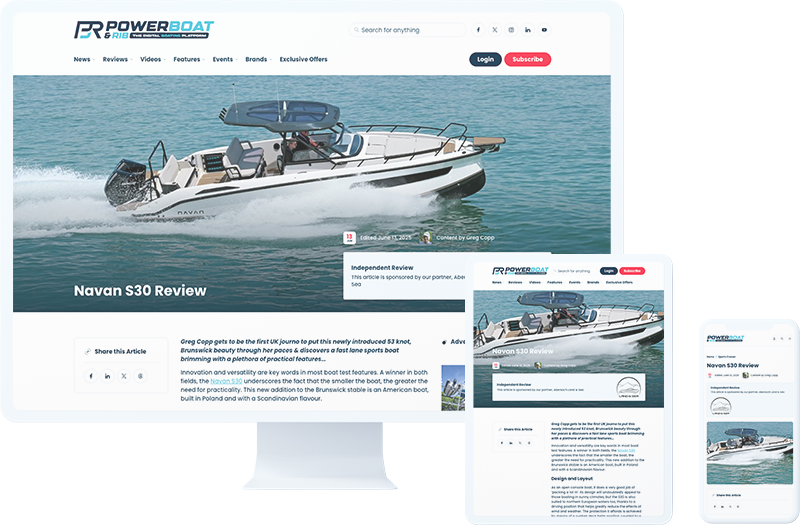Concerns for the Exe
A new Harbour Revision Order (HRO) for the Port of Exeter is now out for consultation, aiming to replace fragmented Victorian legislation with a single modern framework. Submitted by Exeter City Council to the Marine Management Organisation, the proposal would update how the tidal Exe, the Exeter Ship Canal and approaches to Exmouth are managed. Supporters say the change is essential for safety and efficiency, while opponents warn it could concentrate too much power in the council’s hands.









